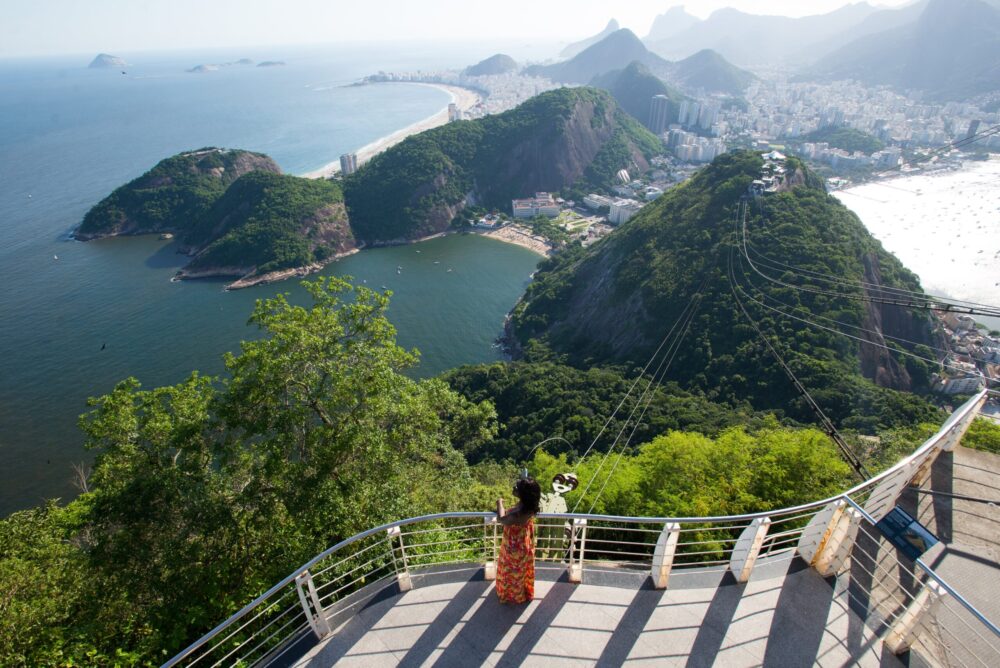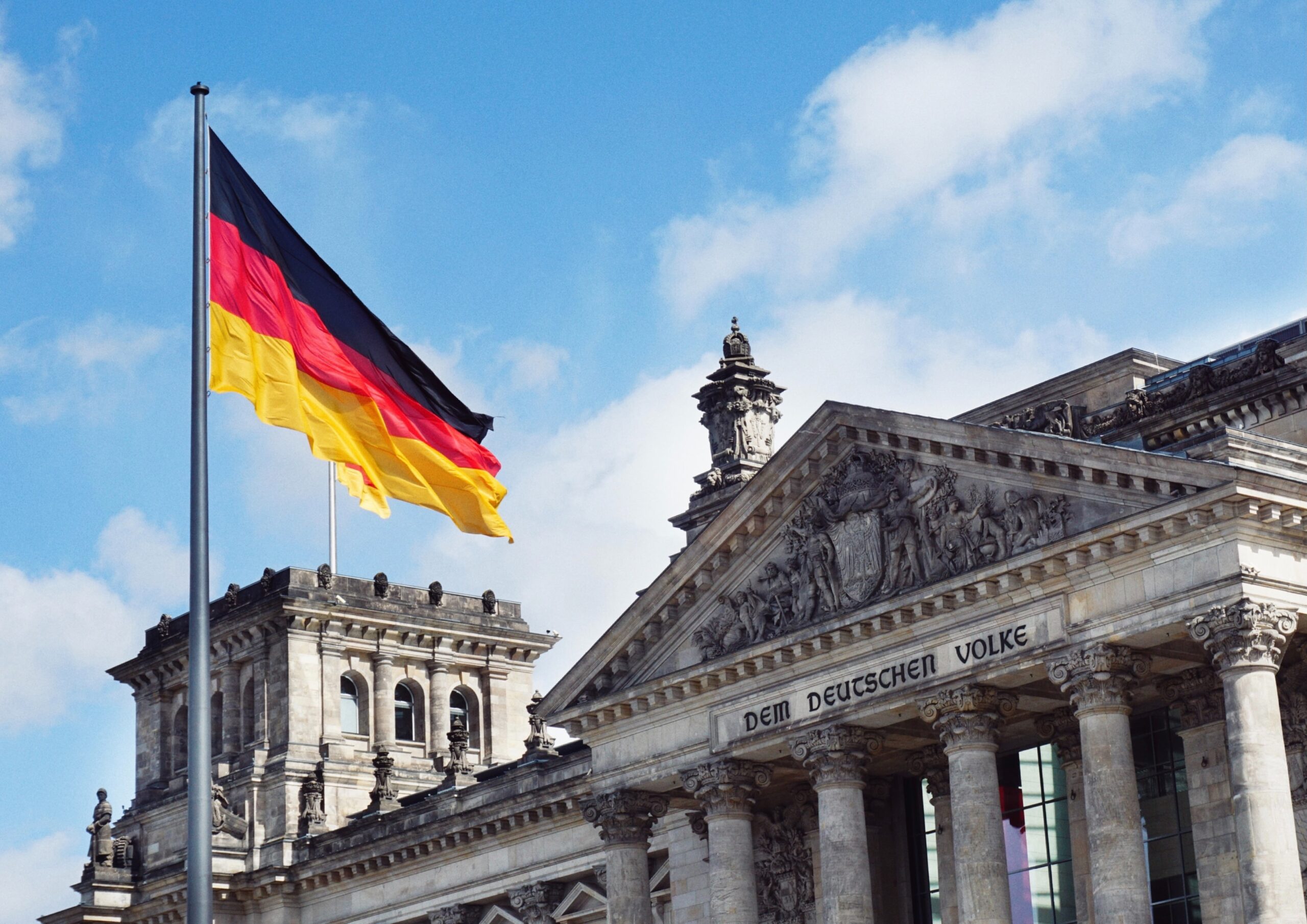
Are you self-employed or a freelancer and need a freelancer bank statement for UK visa or any other country’s visa application to show proof of financial capability?
Do you want to travel abroad and wondering how to apply for a visa? Confused about the need to ‘SHOW MONEY’ for your Visa Application? How much money should you have in the Bank to get your Tourist Visa for UK, US, Schengen, Australia, Canada, etc?
Here’s a comprehensive Guide for Kenyan passport holders!
It lists 10 surefire ways to increase your chances of a successful visa application as a self-employed Kenyan, freelancer or digital nomad.
Go on, read and thank me later.

YOU DON’T HAVE TO BE A SONKO OR ATTACHED TO SOME OLD MZUNGU TO TRAVEL THE WORLD!
I have successfully 50+ countries across all 5 continents– and I’m not rich. It is my desire though. Lol! Someday.
To be honest, it’s mostly been due to careful planning, prioritization, luck, and of course God’s favor. I am so addicted to traveling so much that I spent a good part of 2015 and 2016 spreading beds and cleaning toilets in my AirBnB to save every extra penny for travel. I have also been referring all my friends to book their accommodation with booking.com so that we both get free KES 1,500 for our accommodation anywhere in the world!

So how do you show proof of ‘financial capability’ for your visa application if on a self-sponsored trip? A requirement for all visa applications by Kenyan nationals.
Quite frankly, this is rather straight forward if you have a job. You simply attach your previous 3 months personal bank statements, certified by the bank; ‘previous 3 months’ payslips, certified by your employer; and of course a letter of introduction from the employer or company (located in Kenya).
But it get’s a little tricky if you’re self-employed or a freelancer. How do you traverse the visa process? Well, you too have to prove that you can afford to fund your trip and are not going to get stuck in your destination country and start engaging in illegal activities to take care of yourself (Trump you’re allowed to smile at this point).
This guide will clarify this concern as well as others such as ‘how much should I really have in my bank account?’, ‘do I need to book accommodation?’, and ‘where how do I get an air ticket when I’m not even sure whether I will be granted a visa?’
What's Covered in This Article
Substantial evidence is crucial
As a freelancer or self-employed Kenyan, proof of financial capability can be in the form of, but not limited to, providing:
- last 3 months’ personal bank statements, certified by the bank
- Latest international credit card statements – for most embassies (e.g. French embassy), this cannot replace the personal bank statement
- Traveler cheques
- Bank receipt issued for purchase of foreign currencies
- Your paypal business/personal statement
- Last 3 months’ business bank account statements – again, for most embassies (e.g. French embassy), this cannot replace the personal bank statement
- KRA tax return slip – by the way, have you filed your returns?
- Business registration certificate. I highly recommend that even if you’re just a freelance writer, please do yourself a favor and register it at the Registrar’s. It’s so easy.
Check out this post for how to register your freelance business in Kenya
When it comes to applying for a visa as a Kenyan national, evidence is key. No matter what country’s visa you are applying, you need to back all the financial declarations and claims that you’ve made on your application with solid evidence. That is proof of financial support/wealth.
Every financial document you provide needs to be verifiable through independent means. The bank statements need to be certified whenever possible.
Failure to do so and you will be on your own ukilia na jicho moja.

Show that you have a consistent source of income
This is obviously why a 6- or 3- month bank statement is a mandatory requirement of the visa application process!
When you plan to travel abroad, you’re expected to be responsible for your personal well-being. To have sufficient resources to support yourself financially especially in terms of food, accommodation, tours, and even medical expenses in the unfortunate event you fall sick.
So, if for instance you claim to be a Fairtrade African baskets seller, like EvaMtalii dearest here, you can back up that claim with a 3-month business Paypal account where your clients pay at. If you’re a freelance writer on Upwork, you can attach your 3-month Upwork earnings download page and back it up with your 3-month Payoneer account statement where you send the withdrawals to.
Open and Maintain a regular bank account (both business + personal)
If you are currently a freelancer or self-employed and intend to travel abroad, and you do not have a bank account yet, you better get one like yesterday. It doesn’t matter how little your business income is.
All embassies usually ask for a certified 3 or 6 – month bank statement from the date of your visa application. So the earlier you start showing some cash flows, the stronger the case for your application.
Have sufficient funds to cover your travel and living expenses in destination country
Obviously with this tip comes one of the most commonly asked questions: ‘How much money should I have in my bank statement to show for the visa application?’ Unfortunately, I do not have the answer to that question.
Personally though, I usually work with a bank statement with ballpark figure of at least US$ 150 for each day I intend to be at a particular destination, backed by accommodation booked in advance plus return air tickets.

Apply for the right type of visa… and at the ‘right’ embassy
This may sound obvious, yet there are people who still apply for the wrong type of visa. And you could be guilty of the same. You need to figure out before hand about what kind of visa is most suited for your particular situation and; which embassy has the highest chance of success (this applies to Schengen visa which can be granted by any of the 26 Schengen member states).
In my experience for instance, the embassy of France is the most ‘lenient’ and flexible when it comes to issuing Schengen visas. Furthermore, their application process is so straightforward and you get back your passport and visa (if approved), within the week.
Now, I know some people might be wondering how they could apply for a Schengen visa from the French embassy and yet they are going to another state. Well, I don’t mind flying into Paris first and then catching one of those cheap Ryanair flights to my final destination if it increases my chance of getting that visa.
If you’re still not convinced, how about just for the Eiffel tower views? Personally, from the very first time I set on my eyes, I have never gotten enough of her.

Be consistent
Consistency can be achieved by, but not limited to, providing:
- Synchronized documents (between one to another) and evidence.
Do not attempt to lie or try to hide anything. The thing is, your application isn’t the first one the visa officer is handling. They’ve probably seen all tricks in the book so have a good eye to spot inconsistency, even the tiniest one, in your visa application. Besides, the time and effort needed to clarify inconsistency could cost you the chance to be granted a visa.
Accuracy and completeness is key
Can be in the form of, but not limited to:
- Include all the compulsory documents… and only substitute where the embassy or consulate has expressly stated so. For instance, when applying for a Schengen visa at the embassy of France in Kenya, you cannot substitute your business statement for your personal bank statement
Details exist for a reason. They serve to paint to the visa officer handling your application, as complete a picture as possible of who the applicant is, what they do for a living, and how true their stated reason for wanting a visa is. All documents and information asked for by the respective embassy, therefore, is for that purpose.
Therefore, it’s critical that you confirm your visa application documents, for both completeness, and accuracy.
Be honest
Everyone has a past. And we totally get it.
But the last thing you want to happen to you during the visa application process is being called out for dishonesty. Whether in relation to forging a financial statement or lying about your employment status. Kama we ni hustler kuwa mpole na ukubali tu!
Thanks to the internet, the level to which we deeply interact with it and how much time we spend on it, our social media profiles can act like valid points of assessment. There are even instances where a visa officer has used it as a basis for visa refusal. According to The Federal Circuit Court of Australia for instance, “the material on Facebook page of an applicant is “information” that is “evidentiary material”.
My advice, use social media responsibly and in your favor. Be consistent and honest with the information you put on there. If you’re a freelancer, clearly state that in your profile.
I for instance have public Instagram and Pinterest accounts for EvaMtalii that clearly document my travel escapades. My twitter profile also clearly states that I am the chief content officer at EvaMtalii. So in the event I ever want to request for a longer term multiple entry visa, I could use my social media profiles to present my case. I guess…

Plan plan plan
Panapo nia, pana njia!
Whenever people ask me how I afford to travel, especially on my ‘powerless’ Kenyan passport, that’s what I tell them. Some take my word for it, others think there’s some secret formula out there that I’m hiding from them. #tagthesponsor
If you really want to travel, then you gotta bust through all the obstacles and excuses and make it work for you on your own terms.
One word for that last paragraph, plan.
With Europe for for instance, once you get your Schengen visa from the French embassy, instead of going to Paris for only 3 days and then running back to Kenya ni kama umefukuzwa, take advantage of the budget airlines, inter-country train networks, international buses, etc; and visit other countries in the Schengen territory.
You can also plan out your itinerary in such a way that you also visit other non-Schengen countries that grant entry to Kenyans on account of the Schengen visa. Such as Romania, Bulgaria, Croatia, Bosnia and Herzegovina, Montenegro, etc.
Conclusion
If you’ve read this far and are either nodding in agreement or doubling back on your plan to apply for a visa as a freelancer or self-employed Kenyan, you know yourself.
Laid out above are many great tips on how to show proof for financial capacity for your visa application as a Kenyan national; and increase your chances of having your visa approved.
However.
And this is a huge however.
NO ONE can guarantee that your visa will be approved or that the visa will grant you entry into the territory. That being said, what I have offered you in this post is a comprehensive guide with helpful tips to increase your chances of getting that tourist visa. While I undertook the necessary due diligence in researching and writing this post, please visit the respective embassy’s website for more information, including any changes that may have occured to the visa application or approval process after this post was written.
Are you on Pinterest? Pin this for later!



